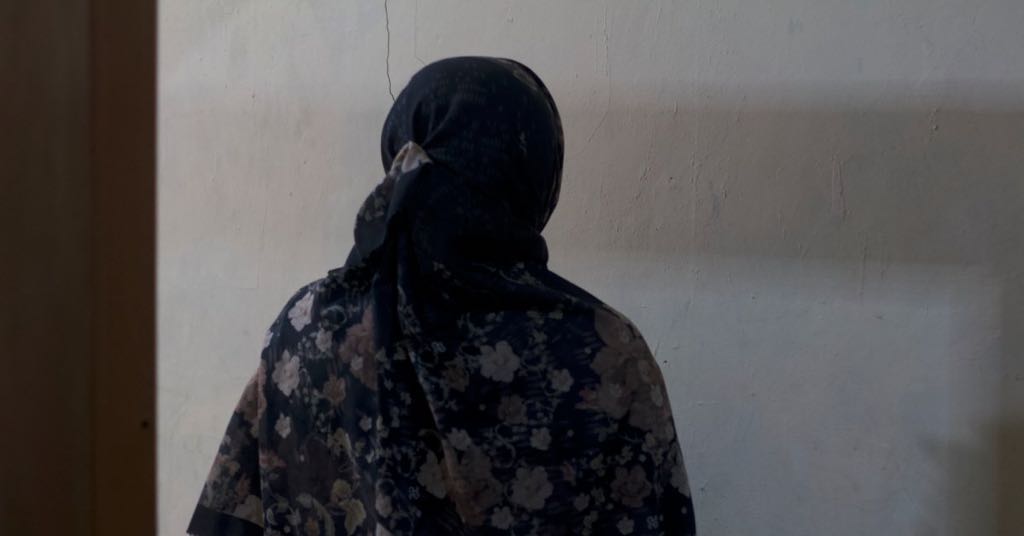She Regrets Her Past With ISIS. Now She’s Reclaiming Her Future

Clad in a flowery hijab of pastel and dark hues, Mawar*, 49, sorts packages of homemade fried chips into paper boxes before storing freshly squeezed bitter melon juice in the freezer. Her youngest son, a barefoot 10-year-old sporting a Spanish national soccer team t-shirt, darts in and out of the tiled porch of their food shop. Outside, where lush palm leaves droop over parked motorbikes, he chuckles with his friends as four of them huddle around an iPad, eyes fixed on the glowing screen.
They seem to lead ordinary, unremarkable lives—yet, beneath the surface lies a hidden history their neighbors don’t know.
Budi* hasn’t told any of his friends in the neighborhood or at school that he has been to Turkey and Syria. That’s a secret his mother has kept from most people, and even he, though unaware of the full implications, understands that revealing this information could have dire consequences for his family. (*Mawar and Budi are pseudonyms granted for security concerns.)
Mawar and her three sons left Indonesia for Syria in mid-2015 and stayed there for nearly two years. That was a time when the Islamic State militant group—also known as ISIS—had declared its “caliphate” in large parts of Iraq and Syria, attracting tens of thousands of fighters and supporters from around the world.
Fast forward a decade, the extremist group no longer controls any land and most of its prominent leaders have died. But thousands of alleged former fighters, women, and children have lingered in Syria’s Al Hol and Roj camps since the fall of the self-proclaimed “caliphate” in 2019.
Rights organizations have called on countries around the world to repatriate their nationals, but some governments fear a public backlash and potential security threats from individuals radicalised by ISIS—a group that, at its peak, beheaded civilians and enslaved thousands of women and, although significantly weakened, has continued to recruit members and recently claimed responsibility for deadly attacks in countries such as Russia and Mozambique. On New Year’s Day, a man who pledged allegiance to the extremist group drove into a crowd killing 14 people in New Orleans.
As Indonesian authorities are expected to undertake the first ever large-scale repatriation of women and children from camps in Syria this year, TIME spoke with Mawar, whose life was upended by ISIS, about the challenges of returning to her home country and what it means to be granted a second chance.
Continue reading here on TIME.

